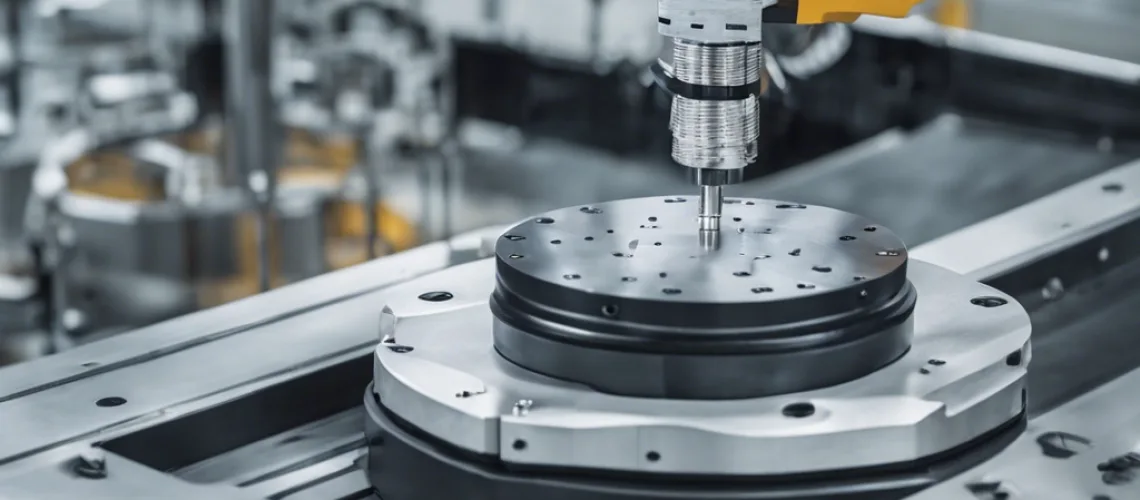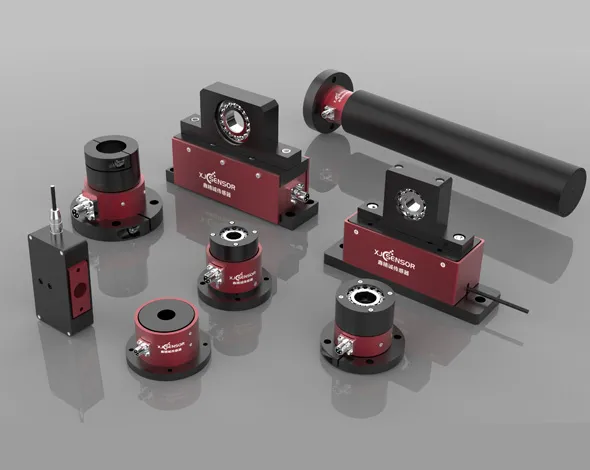In the specialized world of industrial measurement, it’s crucial to understand the nuances of devices like torque sensors. It’s also crucial to understand force transducers. Manufacturers like XJCSENSOR have mastered delivering top-quality sensing solutions tailored to a vast array of applications. Let’s dive into how these instruments function. We’ll explore their various types and clarify some common misconceptions.
How Does a Torque Sensor Work?
A torque sensor, or torque transducer, measures the torque (rotational force) applied to an object. This device typically operates by detecting the twist or deformation that occurs when a torque is applied to a static or rotating shaft. As torque is applied, the sensor’s strain gauges are precision devices that change in electrical resistance when stretched or compressed. They deform proportionally to the force. The resulting change in voltage is then recorded and translated into a torque value.
Types of Force Transducers
Force transducers come in many forms to accommodate different measurement needs:
- Load Cells: Often used interchangeably with the term ‘force transducer’, these devices specifically measure weight or load along a single axis.
- Multi-Axis Sensors: These measure forces in multiple directions simultaneously, as in the 3-axis load cell described earlier.
- Pressure Transducers: Designed to measure the pressure exerted by fluids or gases within a confined space.
- Torque Transducers: A specialized type of transducer for measuring rotational forces.
Force Transducer Working Principle
Force Transducer Example
Force Transducer vs. Load Cell
While both devices are types of force transducers, a load cell is specifically tuned for weight measurement in a linear direction, whereas a general force transducer can refer to any device that converts a force into an electrical signal, including torque sensors, pressure transducers, and multi-axis sensors.



